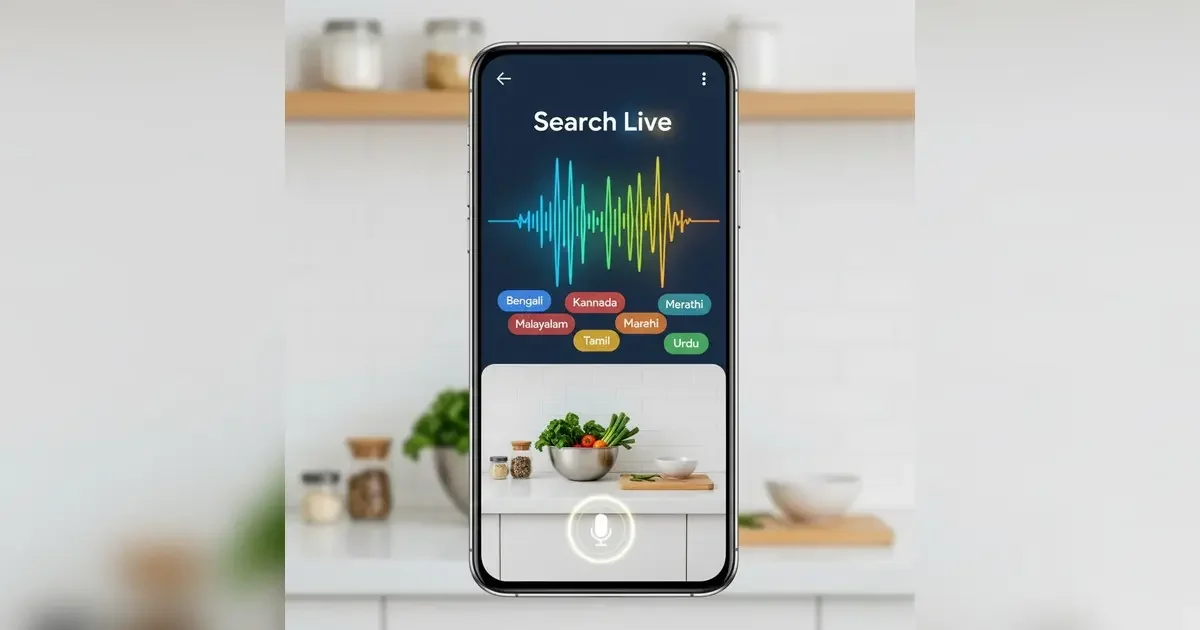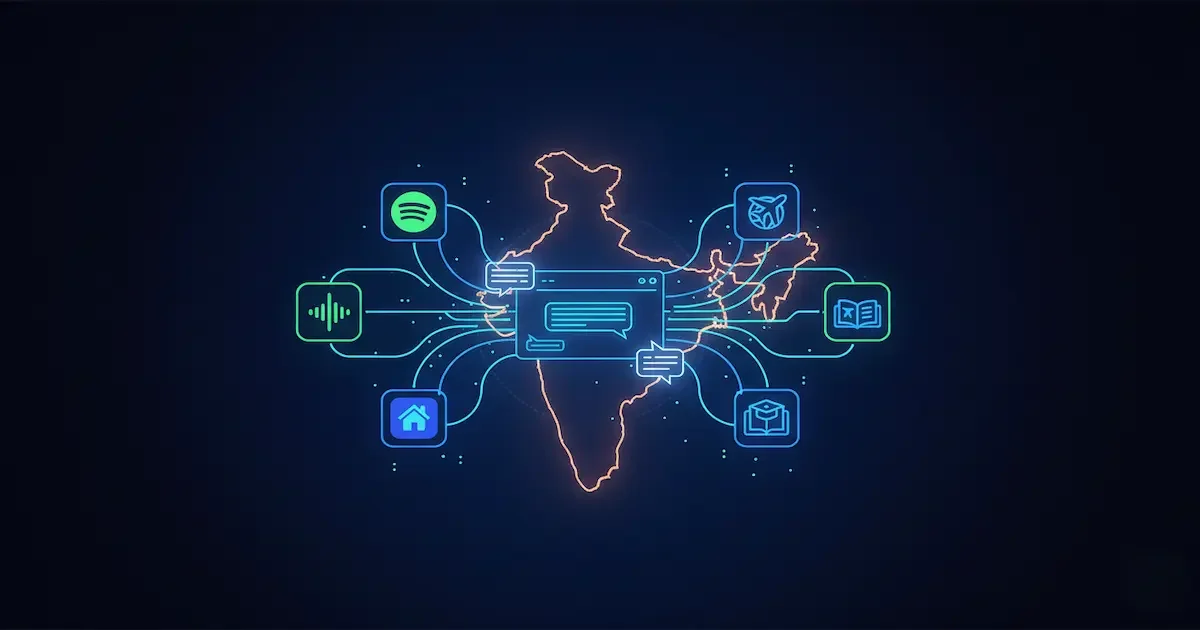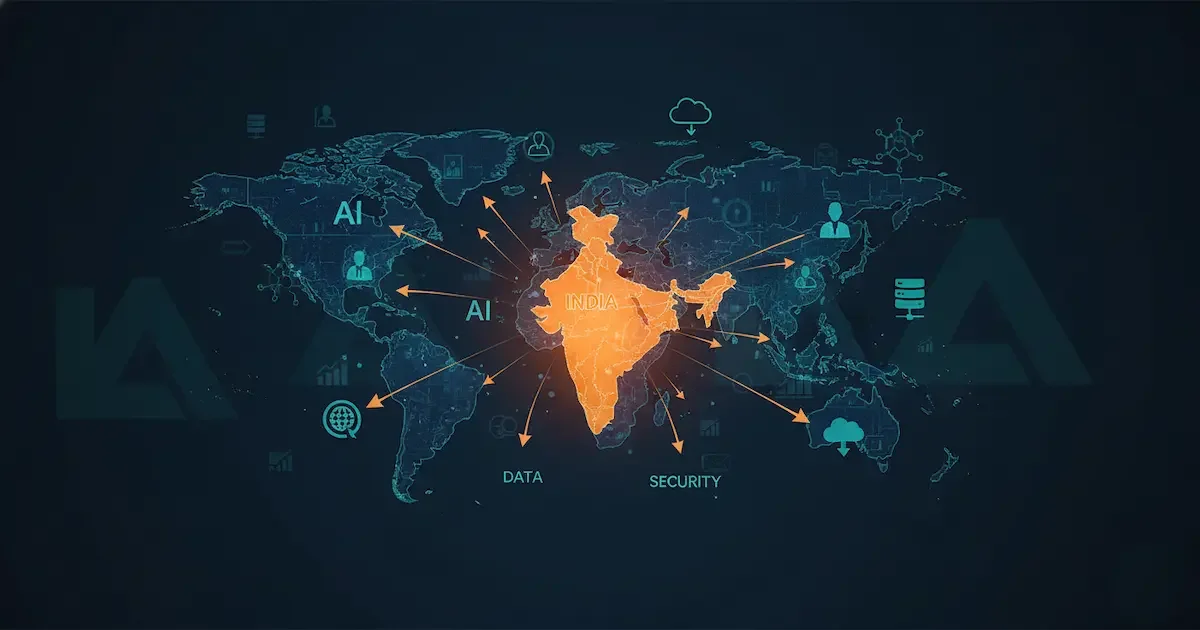ChatGPT Pulse: OpenAI’s leap from reactive to proactive AI
OpenAI quietly shook the status quo on September 25, 2025, when it launched ChatGPT Pulse in preview for Pro users on iOS and Android.
Pulse isn’t just a fancy UI upgrade. It’s a signal: OpenAI wants ChatGPT to stop being your on-demand butler, and start being your assistant that wakes up before you do. It aims to do research overnight, synthesize what matters to you, and deliver a crisp morning briefing — ready to roll.
What does Pulse actually do?
Here’s what’s inside the box (or card):
Daily visual cards: Each morning, you get a set of cards — think bite-sized summaries — covering topics relevant to your past chats, memory, feedback, and (if you opt in) connected apps like Gmail and Calendar.
Asynchronous research: ChatGPT works behind the scenes overnight. It digs into your history, memory, and signals to decide what you might find useful tomorrow.
Optional app integrations: Gmail and Google Calendar are currently supported connectors. If you enable them, Pulse might suggest meeting agendas, gift ideas for birthdays, or nearby restaurants when you’re traveling. (These are off by default.)
Curation & feedback: You’re not at its mercy. You can “curate” what you want to see, tap thumbs up / thumbs down, submit feedback, or even request specific themes (e.g. “show me hiking trails tomorrow”).
Finite & ephemeral: The cards you get are meant to be transient. They last one day unless you choose to expand, save or add them to the chat history.
It’s worth noting: to use Pulse, memory needs to be enabled. If you turn off memory or the “reference memory in suggestions” setting, Pulse also stops.
And importantly — Pulse is mobile-only for now. You won’t find it on the web or desktop.
The promise—and caveats
Pulse is ambitious. It’s a stepping stone toward what’s often called agentic AI — AI that doesn’t just wait for commands, but takes initiative. OpenAI frames Pulse as the first move in making ChatGPT something that proactively helps you get things done.
That said, it’s very much in preview mode, and OpenAI makes no claim that it's perfect. Mistakes will happen (you might get suggestions for stuff you’ve already done), and it may not always pick the most useful topic.
Privacy is a big concern. Because Pulse can access personal data (chat history, memory, and optionally Gmail/Calendar), OpenAI emphasizes that:
The data used by Pulse will not be used to train models for other users.
All topics shown go through safety checks so the system doesn’t surface content that violates policies.
You can opt out or toggle off Pulse and related memory settings anytime.
Why this matters — especially in India
Here’s why Pulse could be a big deal, and what might limit its impact in India:
Why it could be big
Bridges friction of prompting: Many users struggle with “what to ask ChatGPT.” Pulse removes a lot of that friction, by anticipating your needs.
Better time use: Instead of doom-scrolling news or juggling apps, you wake up to what matters — digestible, curated insights.
Foundation for richer integrations: Once OpenAI expands connectors (beyond Gmail/Calendar) — think banking, travel apps, health tools — the potential for smart nudges or reminders becomes powerful.
Competitive edge: Other AI players (Google, Microsoft, etc.) have been pushing toward assistants that go beyond “you ask, they answer.” Pulse is OpenAI’s bid in that arms race.
What could hold it back in India
Data privacy & trust: Indian users (and regulators) are increasingly sensitive to how personal data is used. If users feel the system is overreaching, trust will lag.
App ecosystem fragmentation: Many Indians use regional apps, services, or email systems (not just Gmail). To succeed here, Pulse will need to support local platforms.
Pro-user exclusivity: Right now only Pro users get access. India has a relatively price-sensitive user base; many won’t upgrade just for this feature.
Offline / connectivity constraints: Some parts of India have inconsistent internet or bandwidth issues. For a feature relying on asynchronous background research and app integrations, that’s a potential friction point.
What’s next & what to watch
Wider rollout: OpenAI says it plans to extend Pulse to Plus users and then eventually to everyone.
More connectors: Expect support for more apps (messaging, finance, travel, health) — broadening what Pulse can surface.
Smarter follow-ups or actions: Over time, Pulse might not only show things, but also help do things — draft emails, set reminders, suggest actions in context.
Feedback-driven tuning: Early users will influence what works and what doesn’t. The “curate” and feedback loops are built-in.
Privacy and regulation developments: Watch how regulators in India and elsewhere react to proactive AI features and how OpenAI adapts.
Bottom line
ChatGPT Pulse is OpenAI’s bold step toward transforming ChatGPT from a tool you poke into something that nudges you when it sees an opportunity. It’s still rough around the edges, but it points to how our relationship with AI may evolve — from reactive chat to proactive companion.
For users in India, the real test will be how well Pulse adapts to local needs: supporting regional services, respecting data norms, and delivering enough value to justify paying for “proactive” AI. If OpenAI plays this well, Pulse could be a turning point. If not, it risks becoming a shiny gimmick.





